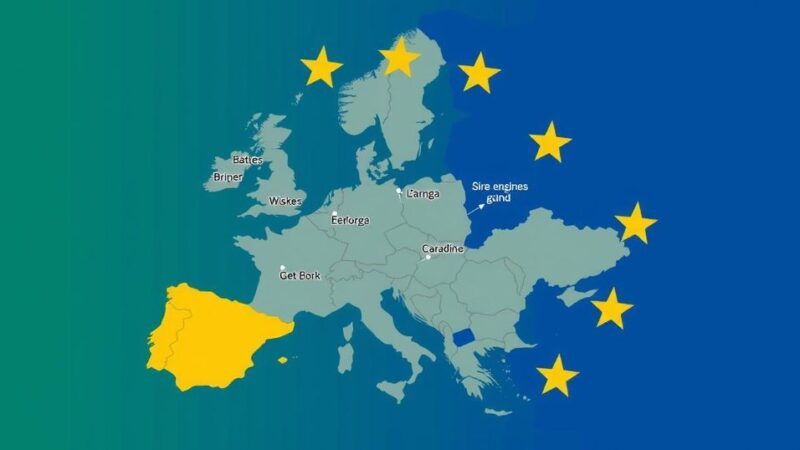The UN Forum on Forests meeting in May 2024 emphasized the urgent need to combat deforestation, with 3.7 million hectares lost in 2023. Innovative financing and stricter trade regulations are essential to address the USD 460 billion funding gap and reverse the trend of forest loss. The EU’s Deforestation Regulation establishes mandatory standards for imports, reflecting a shift toward integrating sustainability in global supply chains. Community engagement in sustainable forest management is necessary to tackle the underlying causes of deforestation and enhance livelihoods.
The UN Forum on Forests (UNFF) meeting in May 2024 marked a significant step towards urgently addressing deforestation, described by officials as historic. Unlike more prominent climate initiatives such as the Paris Agreement, forest management issues have often been overlooked; however, reversing deforestation is crucial for achieving broader climate goals. The World Resources Institute reports that 3.7 million hectares of tropical primary forests were lost in 2023, despite positive developments in countries like Brazil and Colombia. Wider trends reflect increased threats to both tropical and northern boreal forests, particularly through wildfires fueled by climate change. In financing, a persistent gap of USD 458 billion annually for halting forest loss presents a formidable challenge. While sustainable forestry finance has recently risen to around USD 2.2 billion, innovative mechanisms are essential. Countries like Peru are forging partnerships with banks to facilitate loans with favorable terms for forest managers, complemented by various blended financing initiatives designed to support sustainable practices. Emerging financial instruments, such as green bonds linked to forestry ventures, are helping to narrow the funding gap. Global supply chains are increasingly scrutinized for their role in deforestation, accounting for up to 90% of tropical forest loss due to agricultural and illegal activities. High-value exports like palm oil and soy contribute significantly to the issue, catalyzing government responses through regulatory frameworks. The EU’s Deforestation Regulation mandates that imported goods must be certified as deforestation-free, underscoring efforts to align trade with sustainability goals. Reports indicate that compliance timelines are being adjusted to accommodate the complexities of implementation. Looking ahead, successful integration of forestry financing and trade restrictions requires robust strategies to address poverty and illegal land use. Significantly, initiatives that involve local communities in certified sustainable forest management may hold the key to preserving forests while improving livelihoods.
The subject of deforestation remains a critical global concern intertwined with climate change and biodiversity loss. Key international agreements and initiatives, such as the Paris Agreement and the Kunming-Montreal Global Biodiversity Framework, increasingly recognize that successful climate action hinges upon halting forest degradation. The UNFF’s emphasis on sustainable forest management underscores the interconnectedness of environmental health and economic stability. With estimates highlighting massive forest loss in recent years, new approaches in finance and regulation are essential to forge pathways toward conservation and sustainable development.
In summary, the outcome of the May 2024 UNFF meeting signifies a pivotal moment in the global commitment to combat deforestation. Despite ongoing challenges in forestry financing and regulatory compliance, positive trends are emerging in innovative financial initiatives and stricter trade regulations aimed at fostering sustainable practices. As market-driven financing solutions develop, there is hope that they will effectively address the root causes of deforestation, promote local community involvement, and ultimately contribute to the preservation and restoration of vital forest ecosystems.
Original Source: sdg.iisd.org






